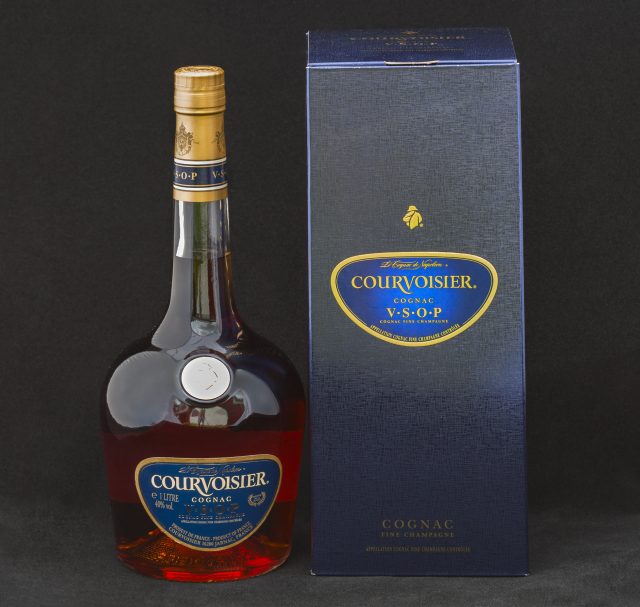This website uses cookies so that we can provide you with the best user experience possible. Cookie information is stored in your browser and performs functions such as recognising you when you return to our website and helping our team to understand which sections of the website you find most interesting and useful.
Campari offloaded shares and debt to fund Courvoisier acquisition
The Italian spirits group raised €1.2 billion through selling company shares to make last month’s purchase of iconic Cognac house Courvoisier.

Campari chief executive chief Bob Kunze-Concewitz called it a “once in a lifetime opportunity” when he announced in December that the group had acquired Courvoisier from Beam Suntory.
He also revealed that Courvoisier alone was expected to make up 8% of the group’s total sales in the future.
But how exactly did the Italian drinks group raise enough cash to fund the US$1.32 billion (€1.2 billion) purchase?
Despite Kunze-Concewitz claiming last year that he had “€20 billion worth of firepower in his back pocket,” Campari still had to sell billions of euros worth of shares, as well as some of its debt, in order to fund the deal.
Favourable market conditions
This week the company revealed it had taken advantage of favourable market conditions to embark on a mass sell-off of new shares, priced at €9.33 each (representing a 6% discount), using an accelerated bookbuilding procedure.
According to Reuters, Campari also privately placed “senior debt” with investors, which Campari can then opt to repay when it expires in January 2029 by giving said investors shares in the drinks company.
Campari set the conversion price for the €550 million bond at €12.3623 per share, which is a premium of 32.5% compared with the price at which it issued the new shares.
The Italian company revealed that some of the investors in the bond had hedged their risk by short-selling other Campari shares.
Campari has confirmed that it aims to improve the company’s capital structure by reducing its debt.
China blow
Despite the fact that 55% of Courvoisier sales are currently to US consumers, the news that China has launched an anti-dumping investigation into EU brandy will no doubt still come as a blow to Campari in light of the recent acquisition.
In 2022 China inched nearer to eclipsing the United States as Cognac’s biggest export market, so Campari will be keeping a close eye on the China market.
China’s commerce ministry said the brandy investigation was prompted by a complaint from the China Alcoholic Beverages Association on behalf of the domestic brandy industry, but many believe it to be a political response to the EU launching its own anti-dumping investigation into China-made parts for e-vehicles in September 2023.
Campari is not exclusively reliant on the performance of sprits for its success.
In September db reported that Château Miraval had signed an exclusive distribution deal with the Campari Group to sell the producer’s wines in the US and France, the two biggest markets for Provence rosé wines.
According to a statement issued by Miraval, it plans not only to draw on the Campari Group’s “commercial organisation throughout the two countries”, but also on its position as “a leader in the key aperitif segment”, in order to “meet its latest goals”.

